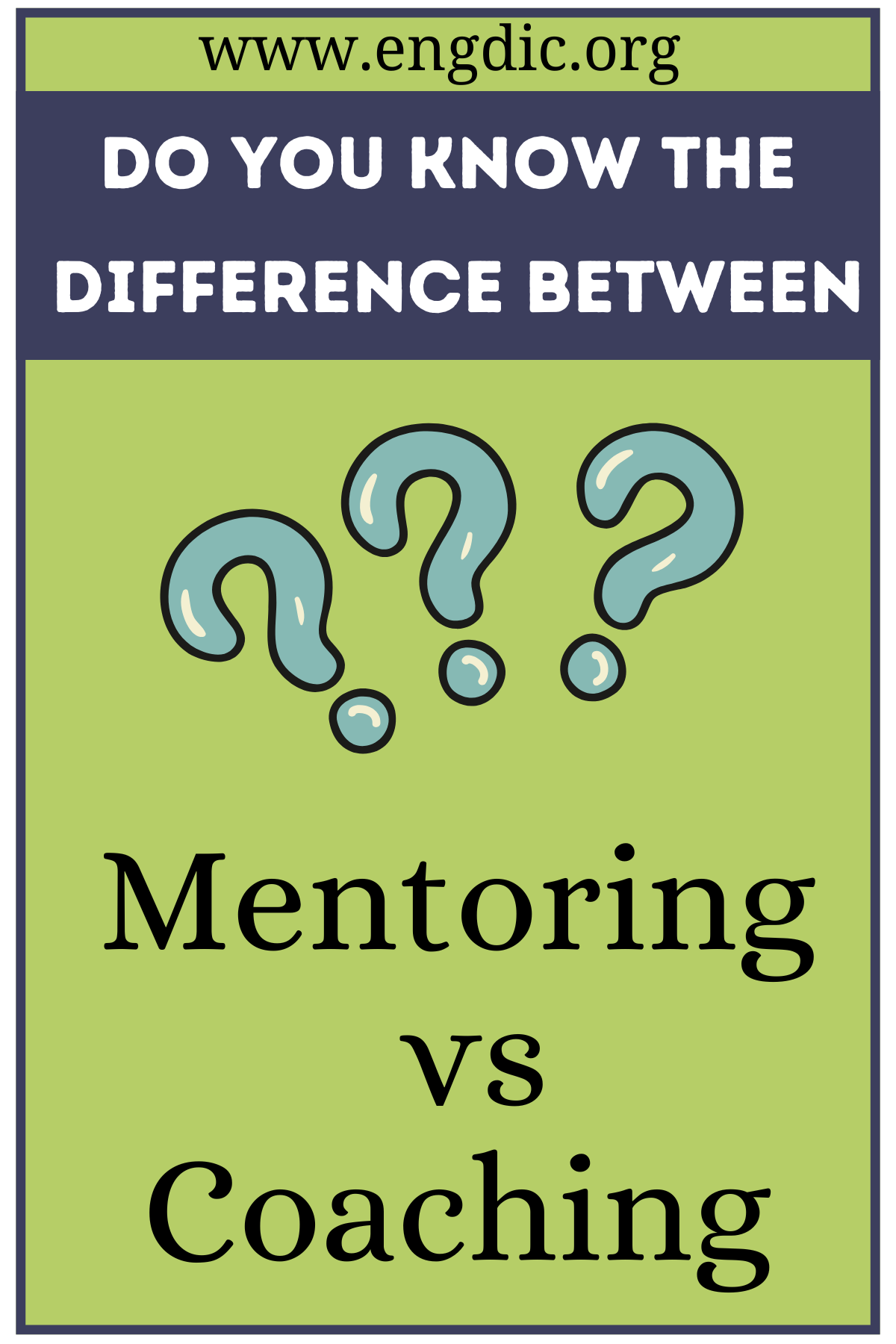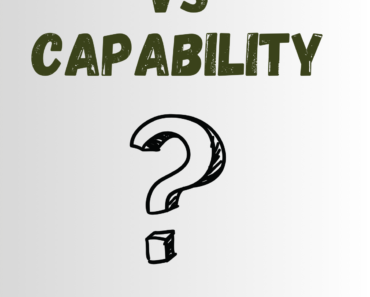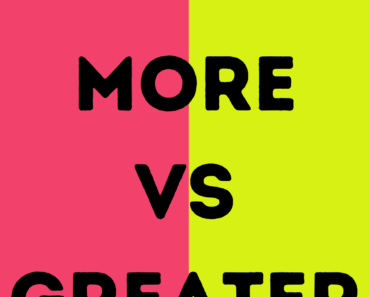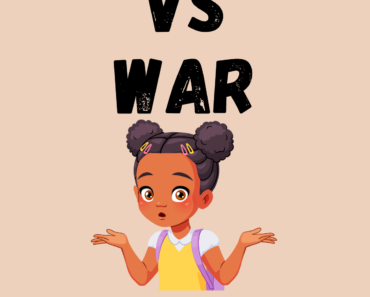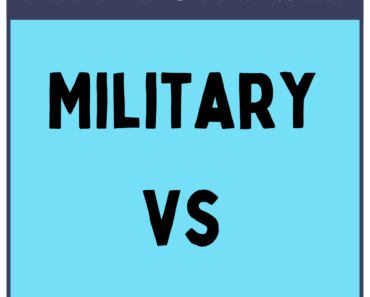Mentoring and coaching, while both forms of guidance, differ in scope and approach.
- Mentoring typically involves a seasoned professional providing long-term advice and support to a less experienced individual, focusing on holistic personal and professional growth.
- Coaching, on the other hand, is usually more goal-oriented, with a trained coach helping an individual achieve specific objectives within a shorter timeframe through structured guidance.
The choice between mentoring and coaching depends on individual needs: mentoring is ideal for career growth and knowledge transfer, while coaching suits those seeking improvement in specific skills or behavior.
Mentoring
Definition: Mentoring is a relationship where a more experienced individual (the mentor) provides guidance, advice, and support to a less experienced individual (the mentee) for personal and professional development.
Usage:
- Career Guidance: Mentoring is often used in the workplace to support career advancement, with mentors sharing industry insights and career advice.
- Example: A senior software engineer mentoring a junior developer, helping them navigate career progression.
- Knowledge Transfer: Experienced professionals share their expertise, aiding knowledge transfer and skill-building in mentees.
- Example: A retired professor mentoring a young academic, passing on research methods and strategies.
- Personal Development: Mentoring also addresses personal growth, with mentors offering holistic support beyond professional advice.
- Example: A successful entrepreneur mentoring a startup founder, offering life lessons and business strategies.
Coaching
Definition: Coaching is a goal-oriented process where a coach guides an individual towards achieving specific objectives, often focusing on skills and performance improvement within a set timeframe.
Usage:
- Performance Improvement: Coaching aims to enhance performance in a specific area, such as leadership skills or public speaking.
- Example: A leadership coach working with a manager to improve team management skills.
- Skill Development: Coaches help individuals develop specific skills necessary for their roles or career aspirations.
- Example: A communication coach helping an executive improve presentation skills.
- Behavioral Changes: Coaching can also address behavioral changes, assisting individuals in overcoming obstacles to achieve their goals.
- Example: A life coach working with a client to develop better time management habits.
Each approach offers distinct advantages based on the individual’s needs and goals, with mentoring fostering long-term development and coaching providing focused, structured support.
